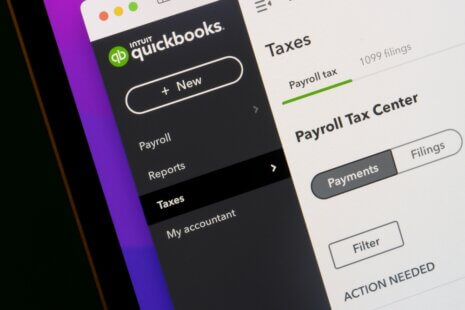The Internal Revenue Service (IRS) looks for various indicators or “red flags” that may trigger closer scrutiny or an audit of a taxpayer’s return.
While the IRS does not disclose an exhaustive list of red flags, here are some common ones…
- High Income – Tax returns with high incomes are more likely to be scrutinized, especially if they are significantly higher or lower than the taxpayer’s previous returns or the average for their income bracket.
- Unreported Income – Failure to report income from all sources, such as freelance work, rental properties, or investments, is a major red flag. The IRS receives copies of W-2s, 1099s, and other income statements and cross-checks them with reported income on tax returns.
- Large Deductions or Unusually High Expenses – Deductions that are disproportionately large compared to reported income, especially in certain categories like charitable donations, business expenses, or unreimbursed employee expenses, may raise suspicion.
- Frequent Errors or Discrepancies – Repeated mistakes, inconsistencies, or discrepancies between different parts of the tax return, or between the current return and previous ones, may prompt the IRS to investigate further.
- Claiming Excessive Business Losses – Claiming large business losses year after year without showing a profit can attract IRS attention, as it may indicate a hobby rather than a legitimate business.
- Mismatched Information – Any discrepancies between what the taxpayer reports on their return and what third parties report to the IRS, such as employers, banks, or brokerage firms, can trigger an audit.
- Home Office Deductions – Taking deductions for a home office can be a red flag, especially if the space is not exclusively used for business purposes.
- Claiming Rental Losses – Claiming losses on rental properties without sufficient documentation or evidence of active participation in managing the properties can attract IRS scrutiny.
- Large Cash Transactions – Depositing or withdrawing large amounts of cash without proper documentation may raise suspicion of unreported income or money laundering.
- Offshore Accounts: The IRS pays close attention to offshore accounts and foreign income to ensure compliance with reporting requirements and to prevent tax evasion.
While these are common red flags, the presence of one or more on a tax return does not necessarily mean that the taxpayer has done anything wrong. However, taxpayers should ensure that their returns are accurate and supported by proper documentation to minimize the risk of an audit or investigation.




